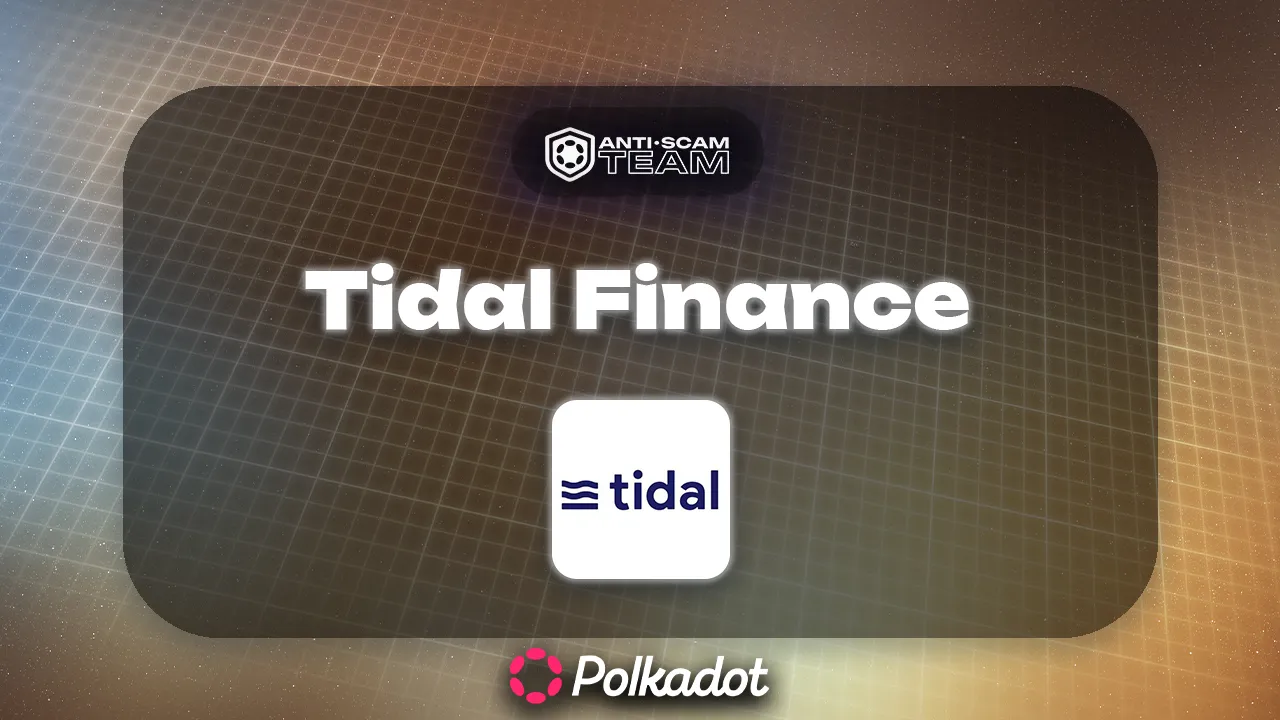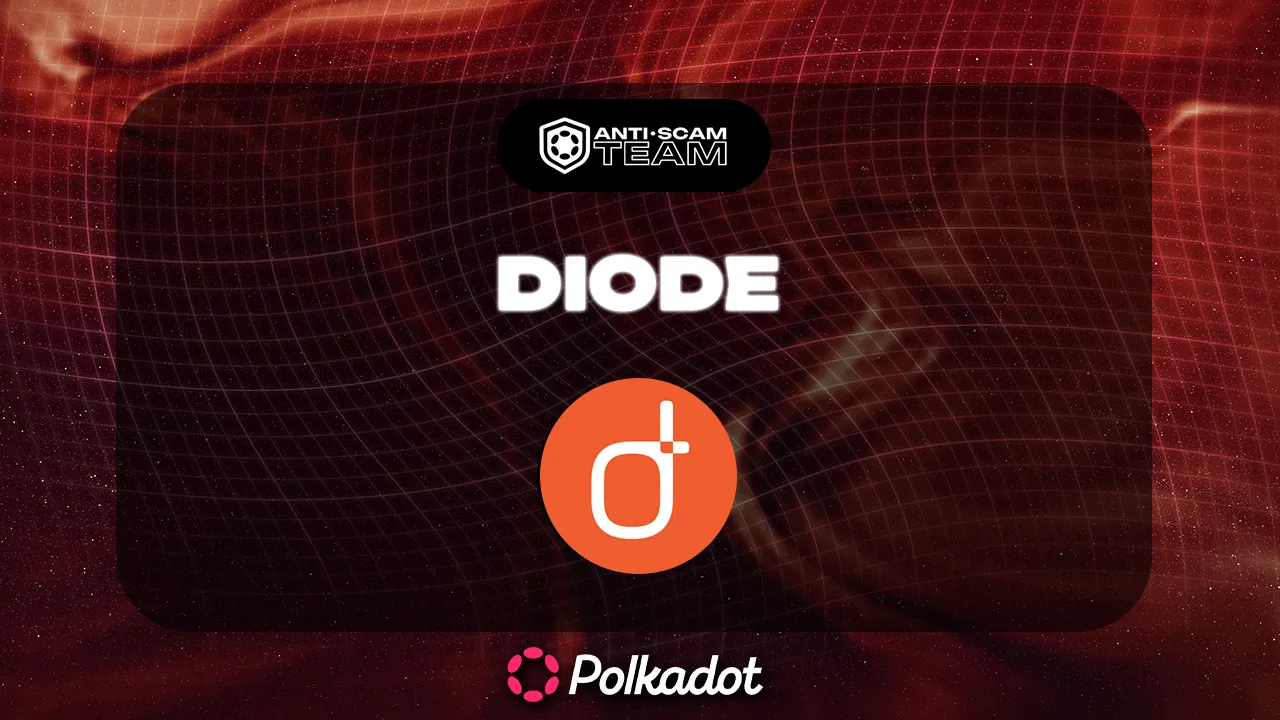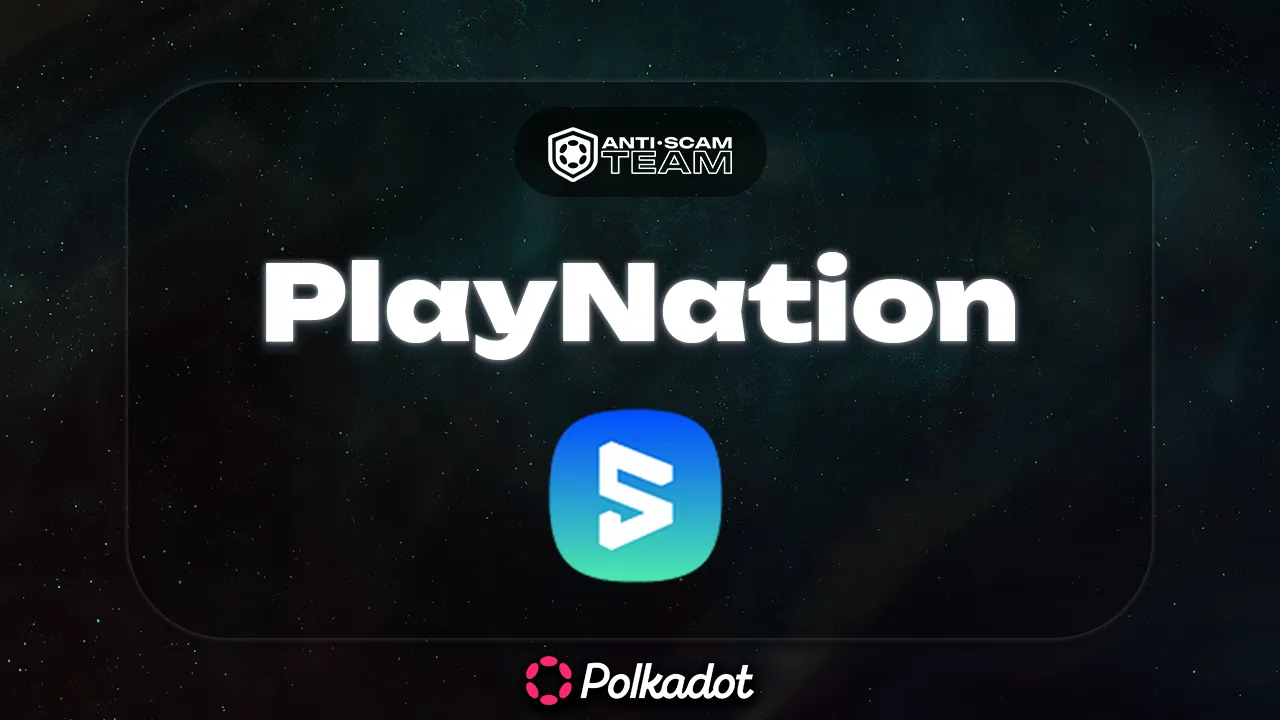Tidal Finance Project Overview
Tidal Finance is a decentralized insurance platform built on Polygon zkEVM, with plans to expand to the Polkadot network. The platform allows users to create custom insurance pools for DeFi protocols, stablecoins, and other digital assets, offering flexible terms, competitive premiums, and rewards for liquidity providers. The project’s goal is to make the DeFi space safer and more secure by diversifying coverage across different blockchains.
Team Composition and Transparency
The team behind Tidal Finance is largely undisclosed, with only two members identified: former Co-founder & CEO Chad Liu, who stepped down in September 2024, and community manager Patrick Obasi. The absence of a replacement for Liu and the lack of publicly disclosed advisors contribute to concerns about transparency. The tokenomics suggest the presence of a team and advisors, but the project’s opaque nature hampers investor trust.
GitHub and Code Quality
Tidal Finance’s GitHub is open-source, featuring eight repositories with various coding languages like Solidity, JavaScript, Go, Rust, and TypeScript. While the documentation is thorough, activity on the repositories has significantly declined, with few contributors and low commit frequency. This inactivity raises concerns about the project’s development progress.
Social Media and Community Engagement
Tidal Finance has a sizeable community across platforms like X (formerly Twitter), Medium, Telegram, and Discord, but engagement is inconsistent. While the platform once had active social media, there has been no new content since 2023. The community is active on Telegram, albeit with some distrust due to rumors of fund mismanagement. Discord is notably quieter, with limited recent activity. These factors raise questions about the project’s current relevance and community trust.
Business Model and Risk Factors
The transition to Tidal v2 introduces a more decentralized insurance marketplace, where third-party insurers manage their own pools, spreading risk and enhancing resilience. The platform offers customizable policies and competitive pricing, but its reliance on decentralized governance adds complexity. Tidal Finance’s strategy is promising, but execution will be key to sustaining growth and managing risk effectively. The business model shows potential, but user engagement and clarity in delivering benefits will be crucial for success.
Conclusion and Rating
Tidal Finance presents a mixed profile. The platform’s innovative business model offers potential, but significant concerns exist around team transparency and community engagement. The lack of public information on the team and declining GitHub activity are red flags, as are the inconsistencies in social media presence. Consequently, Tidal Finance scores two out of five stars, indicating promise but with considerable risks. Investors and users are advised to approach cautiously and conduct further due diligence.




